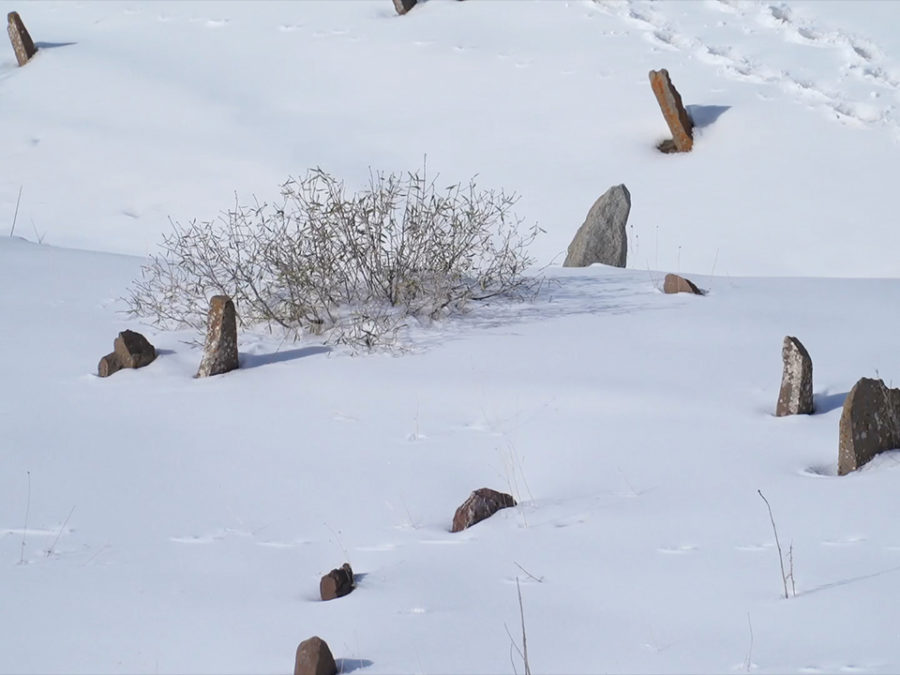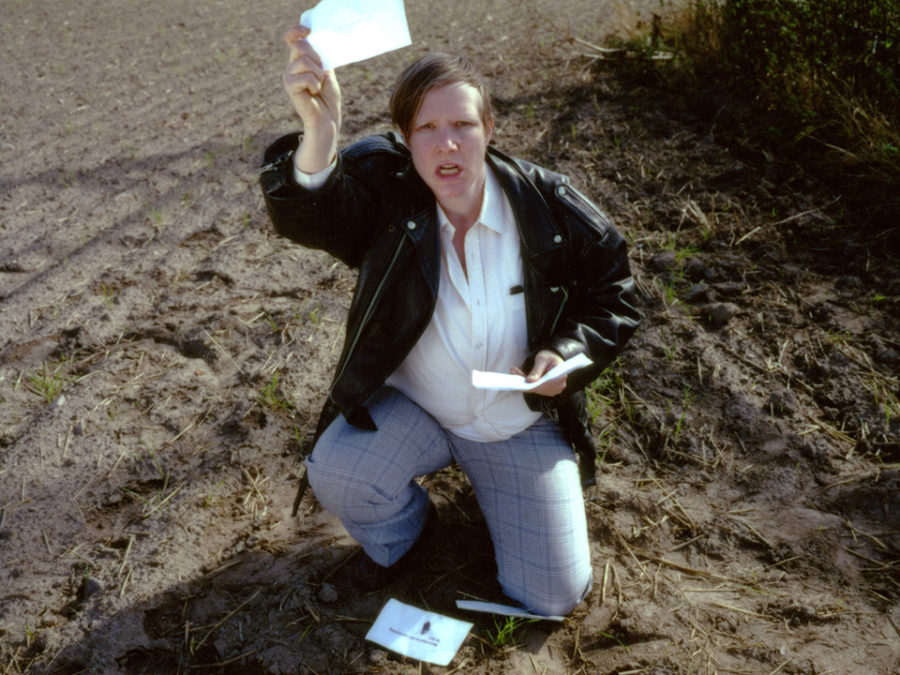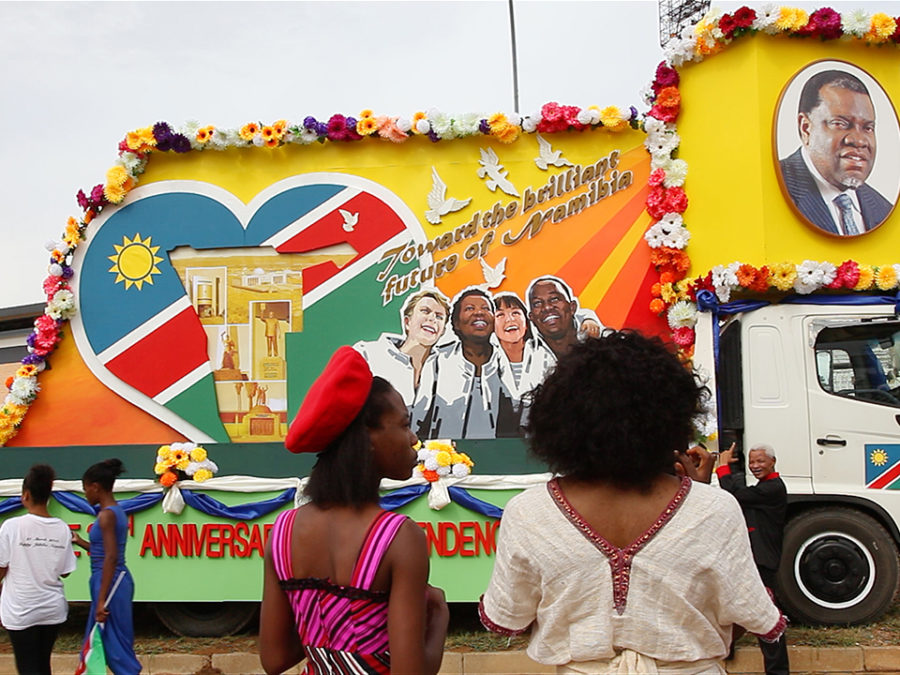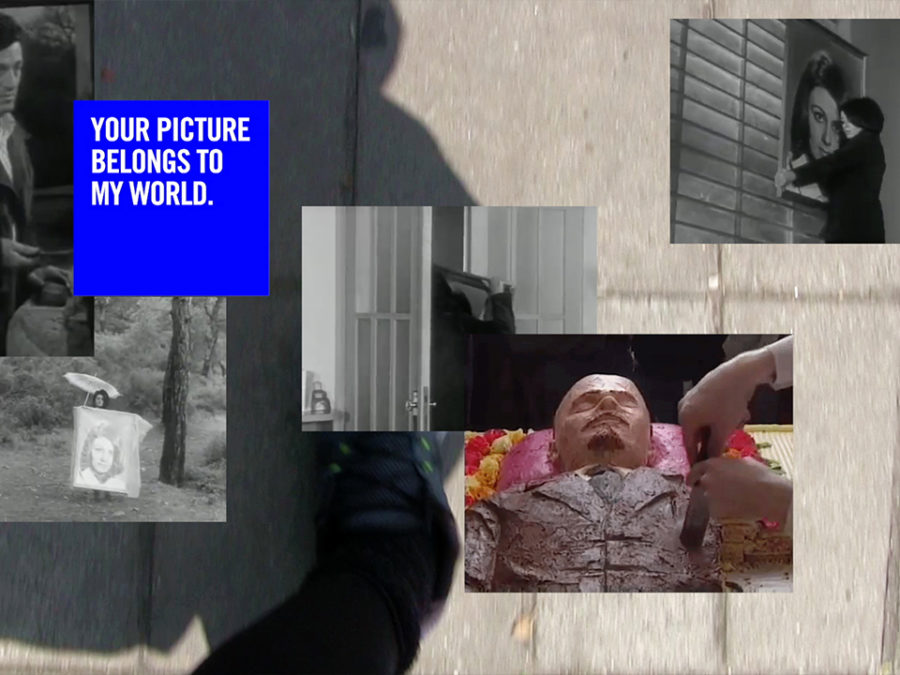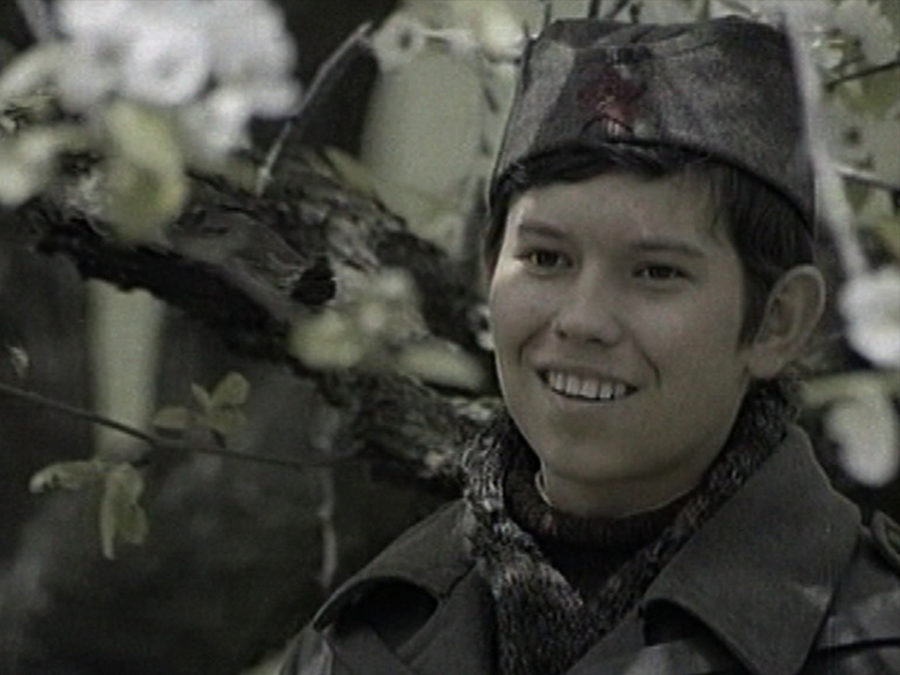ReTopia acknowledges ‘post-socialism’ not only as a continental but also as a global phenomenon, though with palpable regional specificity and intensity. Looking back and forth and sideways in search of a radically different “extended now” (Anetta Mona Chişa & Lucia Tkáčová), the chapter examines transitions and modes of remembrance, refusing to consider historical processes only as the linear sedimentation of images, gestures, and practices. Using repetition and recombination as an endless non-arrival, the works presented in ReTopia seek out the cracks in the ossified normalization of objectivized knowledge and its anaesthetic effects. What practices and articulations are needed to pass on embodied historical knowledge? Why can ‘revolutions’ not be accumulated in similar ways to how ‘innovations’ are inherited and re-used? The works by Marwa Arsanios, Pauline Boudry / Renate Lorenz, Anetta Mona Chişa & Lucia Tkáčová, Renata Poljak, belit sağ, and Katrin Winkler turn to the wounds constantly re-opened by the violence of binarity. However, they do not look back in anger, shame, or melancholy to the battles won – only to be lost again within the post… Rather they return to and turn away from the fallacies of modernity, in a search for embodied knowledge that is never comfortable or easy, but always important and sometimes even pleasurable. What if this were also the place for intersectional, queer feminisms within a history understood in terms of class, anti-colonialist, and posthumanist struggle?
ReTopia has emerged against a backdrop of ‘temporary archives’: re.act.feminism (2008-2013), a travelling performing archive Bettina Knaup initiated together with Beatrice E. Stammer; and Perpetuum Mobile The Artotheque, a collection of videos and other digitized works involving the simple act of giving, initiated within the Living Archive (2011-2015) by feminist curatorial collective Red Mined.
Bettina Knaup and Katja Kobolt
